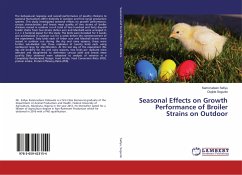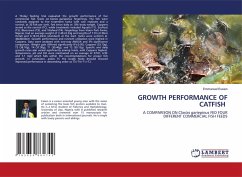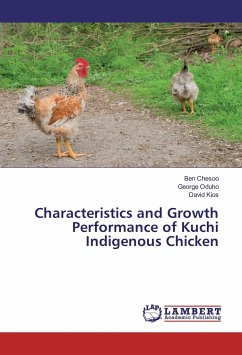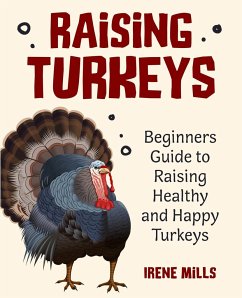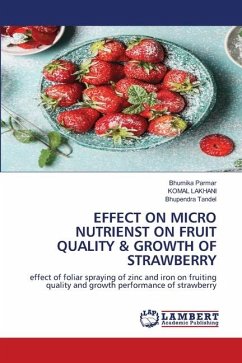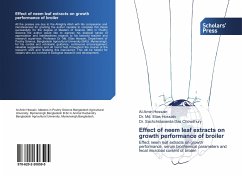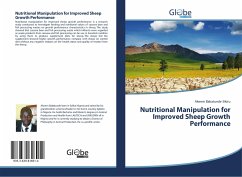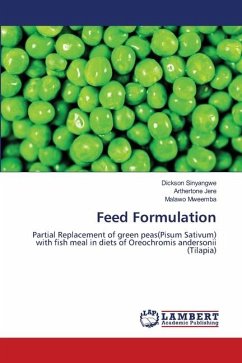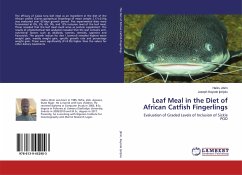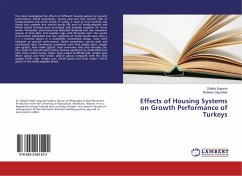
Effects of Housing Systems on Growth Performance of Turkeys
Versandkostenfrei!
Versandfertig in 6-10 Tagen
33,99 €
inkl. MwSt.

PAYBACK Punkte
17 °P sammeln!
The study investigated the effects of different housing systems on growth performance, blood parameters, carcass yield and cost- benefit ratio of locally-adapted and exotic breed of turkey. A total of one hundred and ninety two unsexed one day-old poults (96 each of locally-adapted and British United Turkeys) were purchased and brooded together for three weeks. Thereafter, each breed was allocated randomly into two treatment groups of deep litter and wooden cage with 48 poults each. The poults were further subdivided into four replicates of twelve poults each using a 2 x 2 factorial layout in ...
The study investigated the effects of different housing systems on growth performance, blood parameters, carcass yield and cost- benefit ratio of locally-adapted and exotic breed of turkey. A total of one hundred and ninety two unsexed one day-old poults (96 each of locally-adapted and British United Turkeys) were purchased and brooded together for three weeks. Thereafter, each breed was allocated randomly into two treatment groups of deep litter and wooden cage with 48 poults each. The poults were further subdivided into four replicates of twelve poults each using a 2 x 2 factorial layout in a completely randomized design. Data were obtained on growth performance, blood parameters, carcass yield and cost-benefit ratio. Parameters considered were final weight (g/b), weight gain (g/b/d), feed intake (g/b/d), feed conversion ratio and mortality (%). The results on growth performance showed significant (p0.05) difference with exotic breed having higher final weight (6,305.00 g/b), weight gain (60.67 g/b/d) and feed intake (238.57 g/b/d) compared with the final weight (3,541 g/b), weight gain (34.08 g/b/d) and feed intake (138.55 g/b/d) of the locally-adapted breed.



